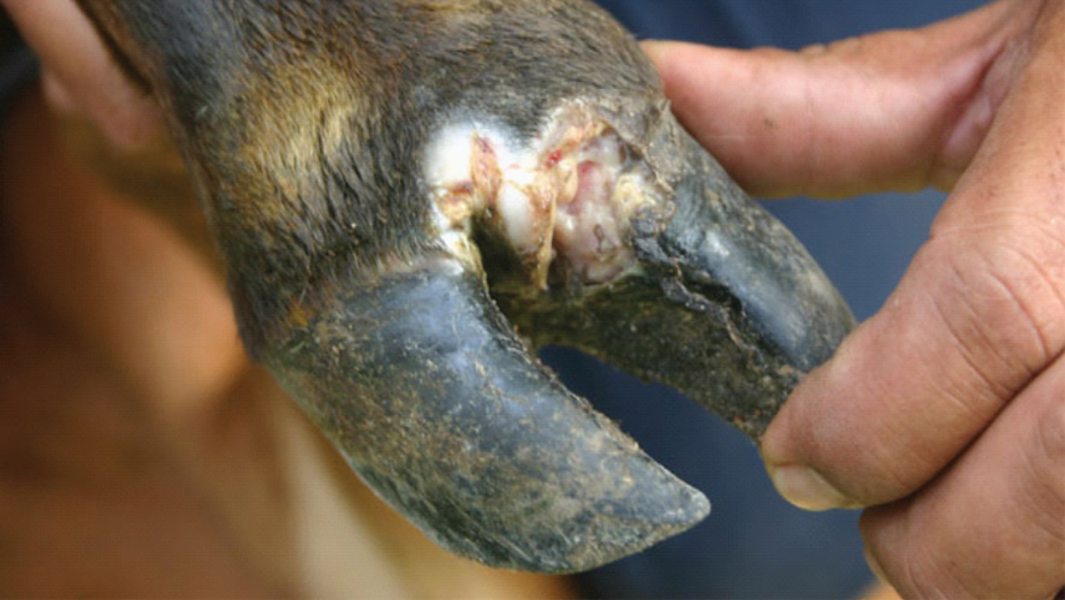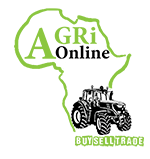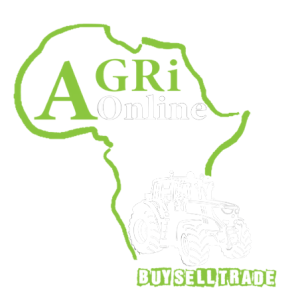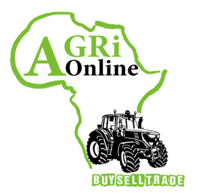Archives
- Home
- News
- Posts
- Agri Orbit
- FMD: Important notification for Gauteng auctioneers
FMD: Important notification for Gauteng auctioneers
- Agri Orbit
-
Jun 27
- Share post

Gauteng Veterinary Services has alerted all auctioneers of the continuing threat of foot-and-mouth disease (FMD) in Gauteng. FMD is a controlled disease in terms of the Animal Diseases Act, 1984 (Act 35 of 1984) and is an erosive disease which causes great economic losses, not only to the farmer but affects the economy of the whole of South Africa (SA) as it has trade implications on the country.
Up to the end of May 2022, there were 80 reported outbreaks in the previously FMD-free zone of SA, affecting KwaZulu-Natal (KZN), the previous FMD-free zone of Limpopo, Free State, Gauteng and Northwest. The disease management areas in both KZN and Limpopo were expanded, as declared and published in the Government Gazette Nr 46350 on 10 May 2022.
The current ongoing outbreak in Northwest is very close to Gauteng borders. This outbreak is proving more difficult to contain. It compounds Gauteng’s risk because many animals from neighbouring provinces are sold at Gauteng auctions as farmers seek better markets for their animals.
Auctioneers play a critical role in the livestock economy and provide an invaluable transactional service to subsistence and emerging livestock farmers. Due to this, all auctioneers are encouraged to remain on high alert to reduce the risk of further spread of this devastating disease.
Gauteng auctions will remain open in the current situation. However, all care must be taken by auctioneers not to allow the spread of the disease through their auctioneering activities.
Animal movement control measures
1. Auctioneers must be registered with the Agricultural Produce Agents Council (APAC) in accordance with the Agricultural Produce Agents Act, 1992 (Act 12 of 1992). A valid APAC certificate must be displayed at all times in order to operate.
2. The roles and duties of the auction’s biosecurity officer at an auction are now more important than ever. The biosecurity officer needs to physically inspect each animal arriving at the auction and isolate it immediately if there is any suspicion of FMD. The state veterinarian of the area must be contacted immediately in such an event. The Gauteng Department of Agriculture and Rural Development endeavours to have one or more field officials at every auction, and such suspicions should also immediately be brought to their attention.
3. Auctioneers must keep accurate records of every sale. These must include:
3.1 Detailed information of sellers, including:
i. Full name(s) and contact information, including a copy of their ID document and a copy of the animal identification mark certificate.
ii. The property of origin (portion, farm registration number, name or full residential address).
iii. A veterinary health declaration for the animals being auctioned provided, to the extent possible, by the consulting veterinarian, and a state veterinary movement permit, for animals not originating from Gauteng,
iv. Or farmer declaration as prescribed by Gauteng Veterinary Services and a state veterinary movement permit for animals originating from Gauteng.
3.2 Detailed information of buyers including:
i. Full name and contact details, including a copy of their ID document.
ii. The property destination (portion, farm registration number, name or full residential address).
4. Livestock from other provinces must be accompanied by a movement permit from the state veterinarian at the place of origin, and a veterinary health certificate. This should be a standard biosecurity and movement control practice that all stakeholders in the livestock value chain should adopt and practice to reduce the increasing frequency of the spread of infectious diseases across provincial boundaries and between farms.
5. Cloven-hoofed animals from properties under quarantine or from any FMD disease management area, are under veterinary control and may not be sold at auctions in Gauteng. Be extra vigilant for animals seeming to be coming from Northwest, Limpopo and Mpumalanga.
6. Only animals that are identified according to the Animal Identification Act, 2002 (Act 6 of 2002), may be sold at auctions.
We request a high level of co-operation from auctioneers to minimise the introduction of this virus into Gauteng and to eradicate the disease where it is currently not present.
To report any suspicion of FMD or to request movement permits, please contact your state veterinarian. Contact Dr Duma Mpofu in Germiston on 071 543 3028, Dr Jaison Mpofu in Randfontein on 072 900 0869, or Dr Adri Grobler in the City of Tshwane on 072 904 3967. – Department of Agriculture and Rural Development, Gauteng Province





